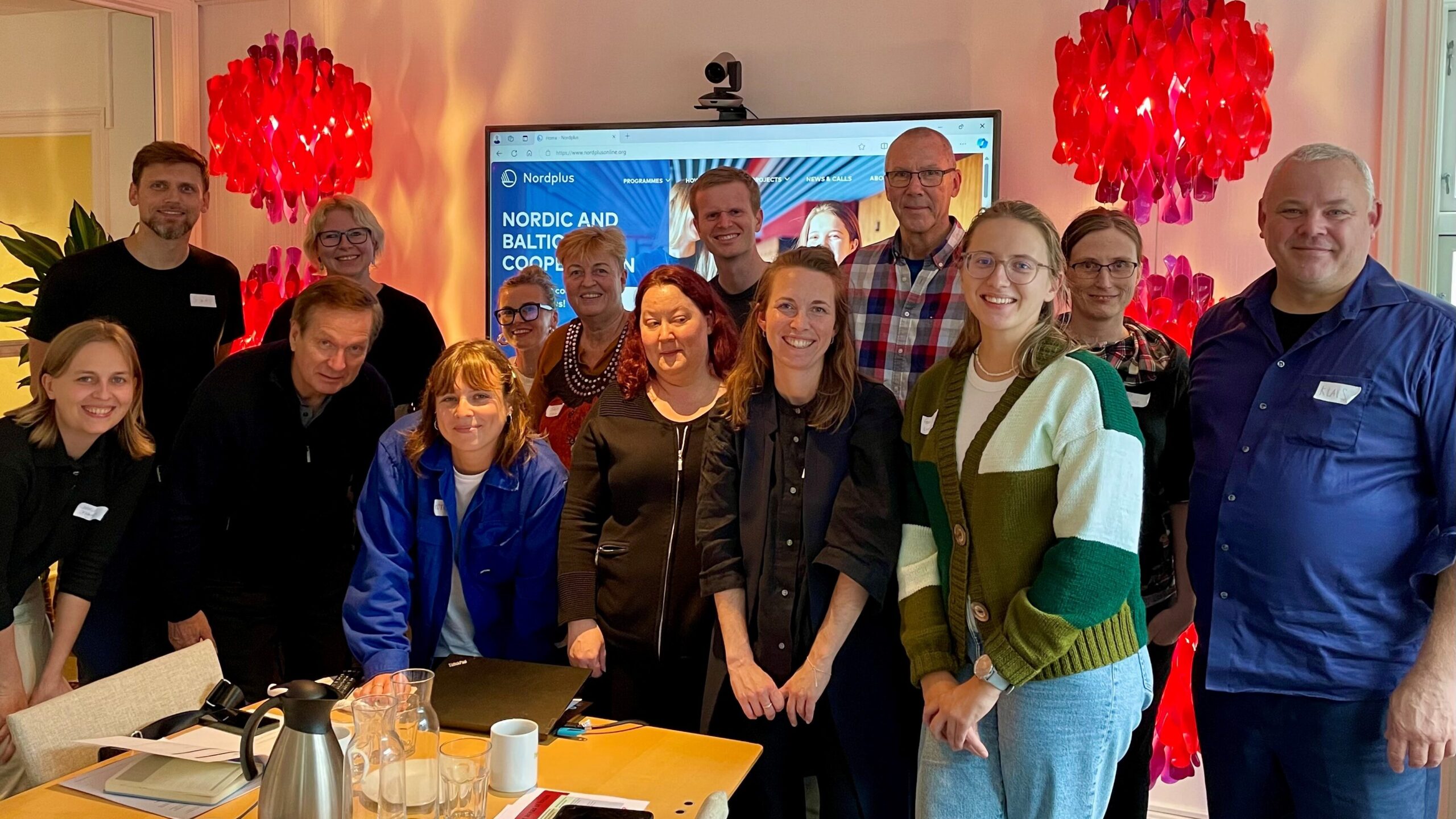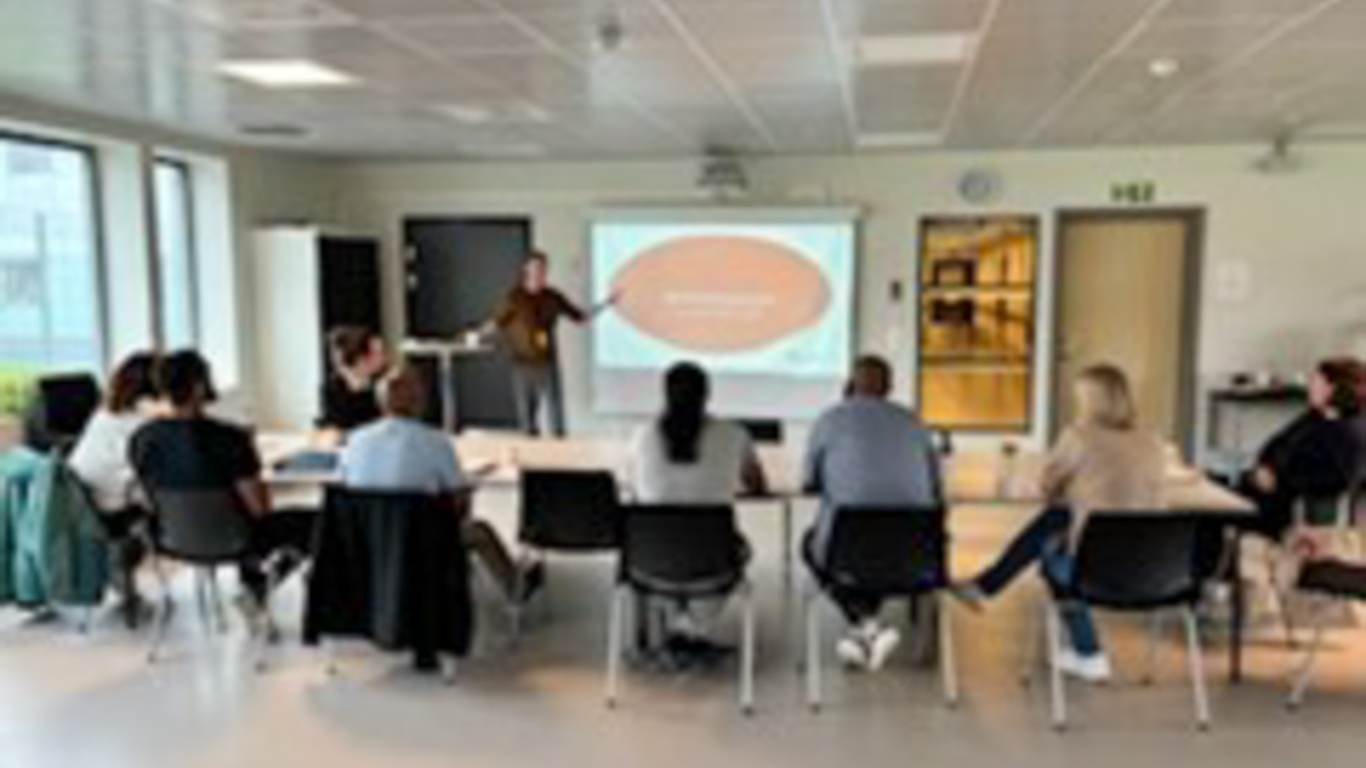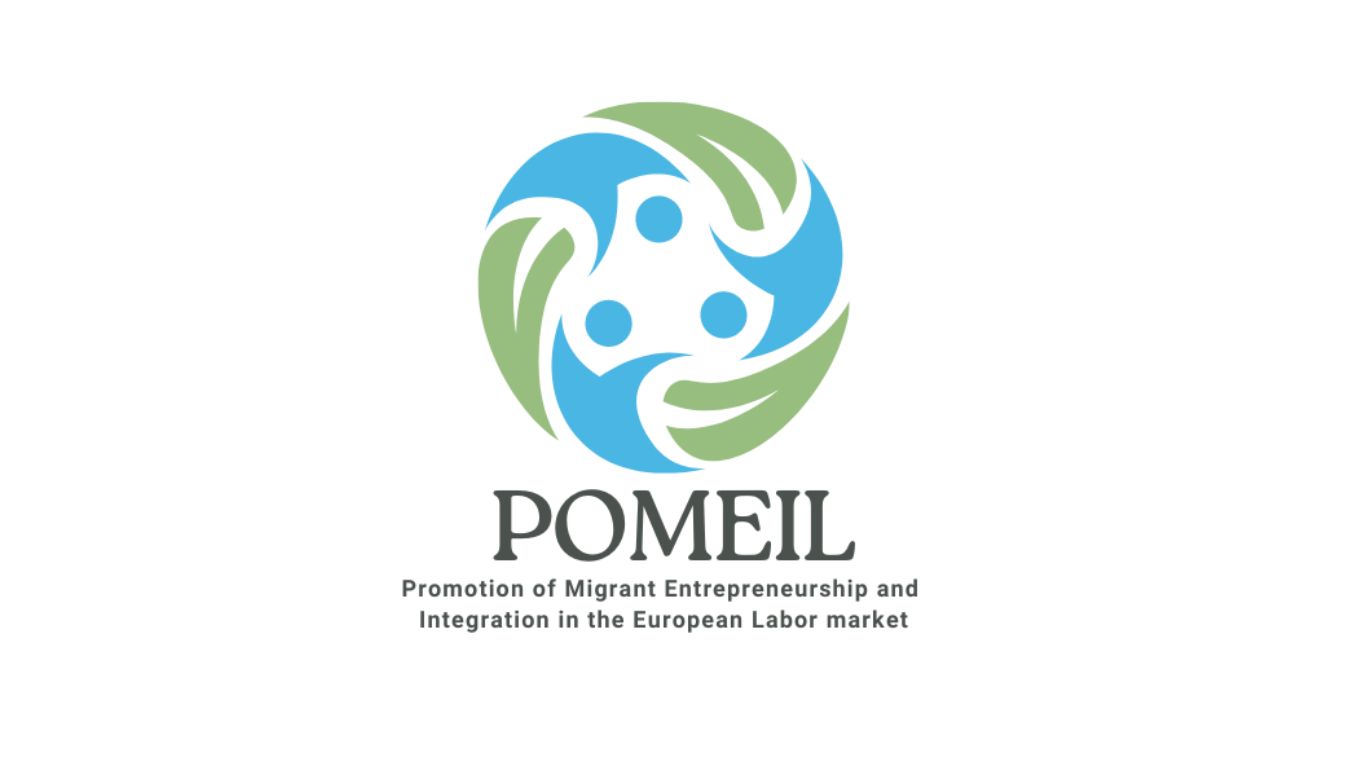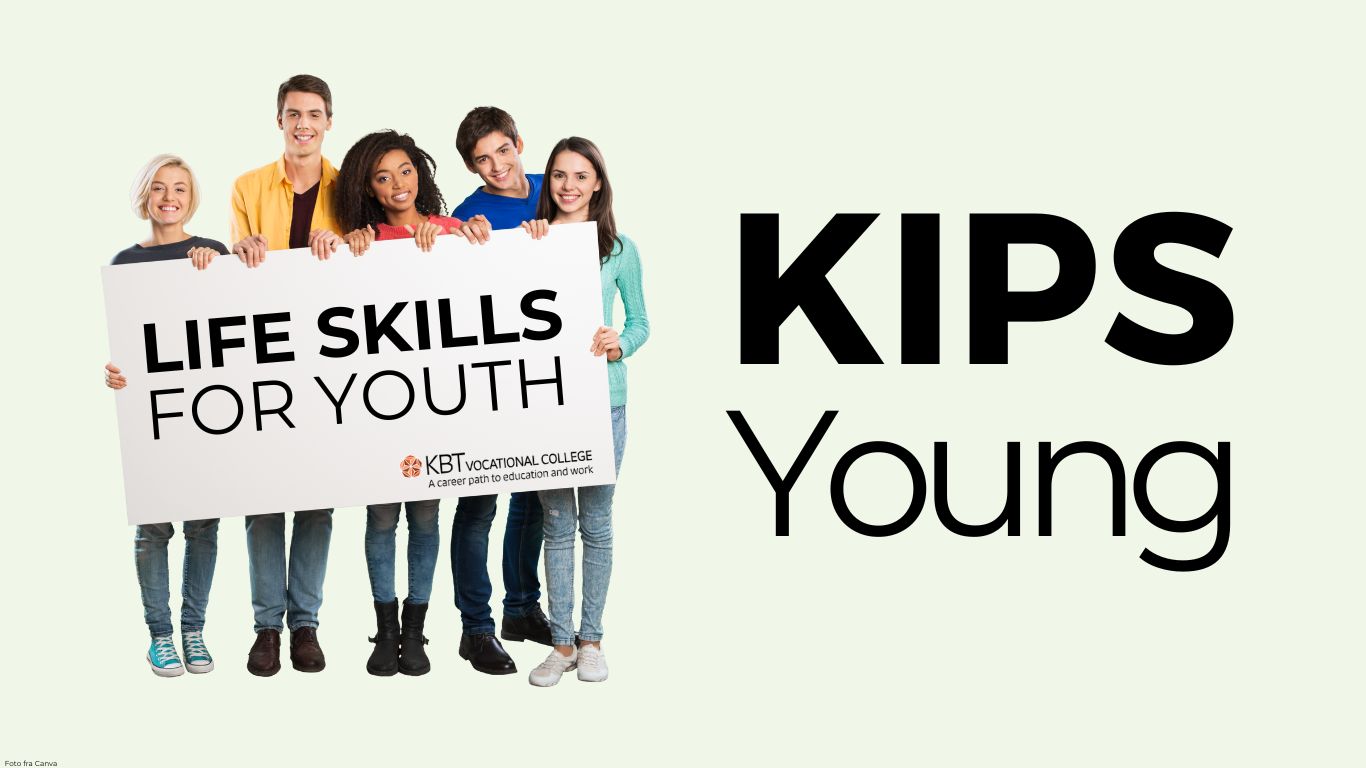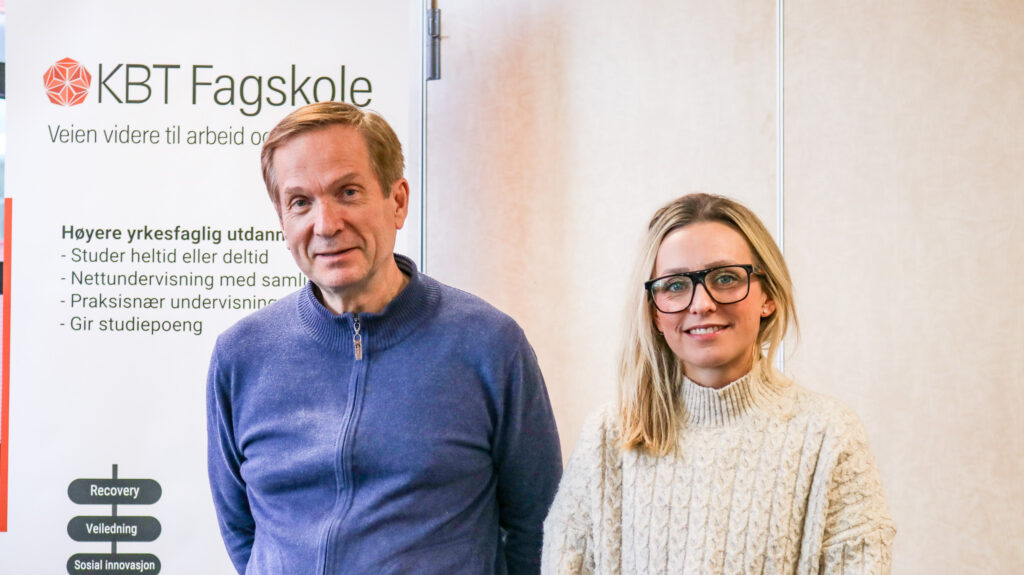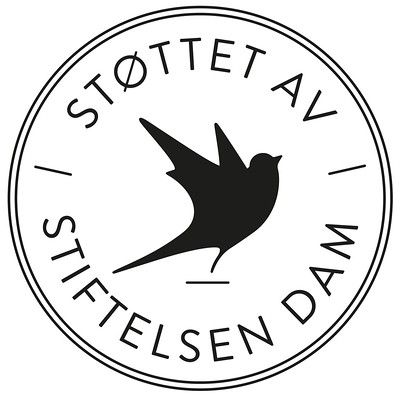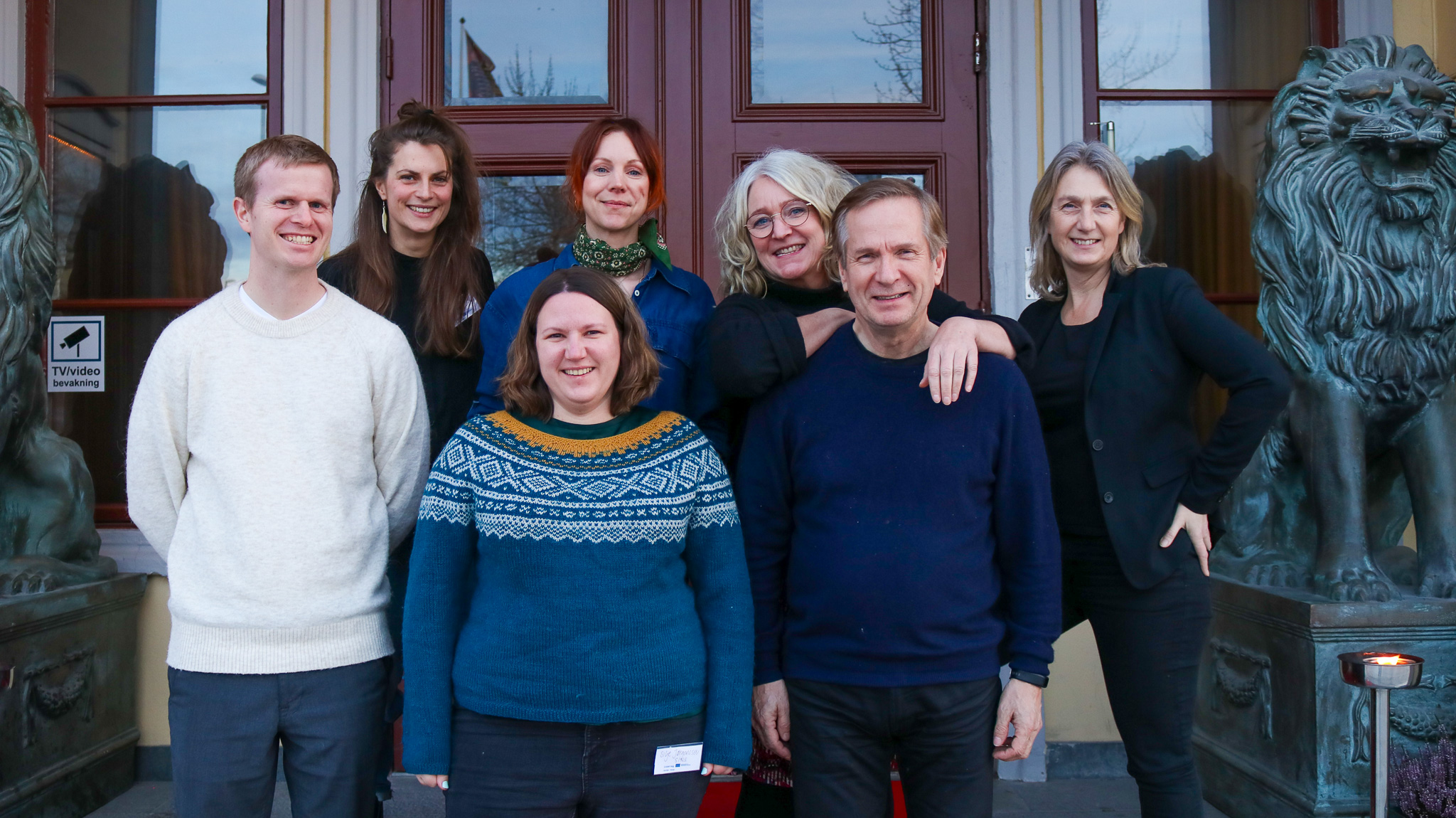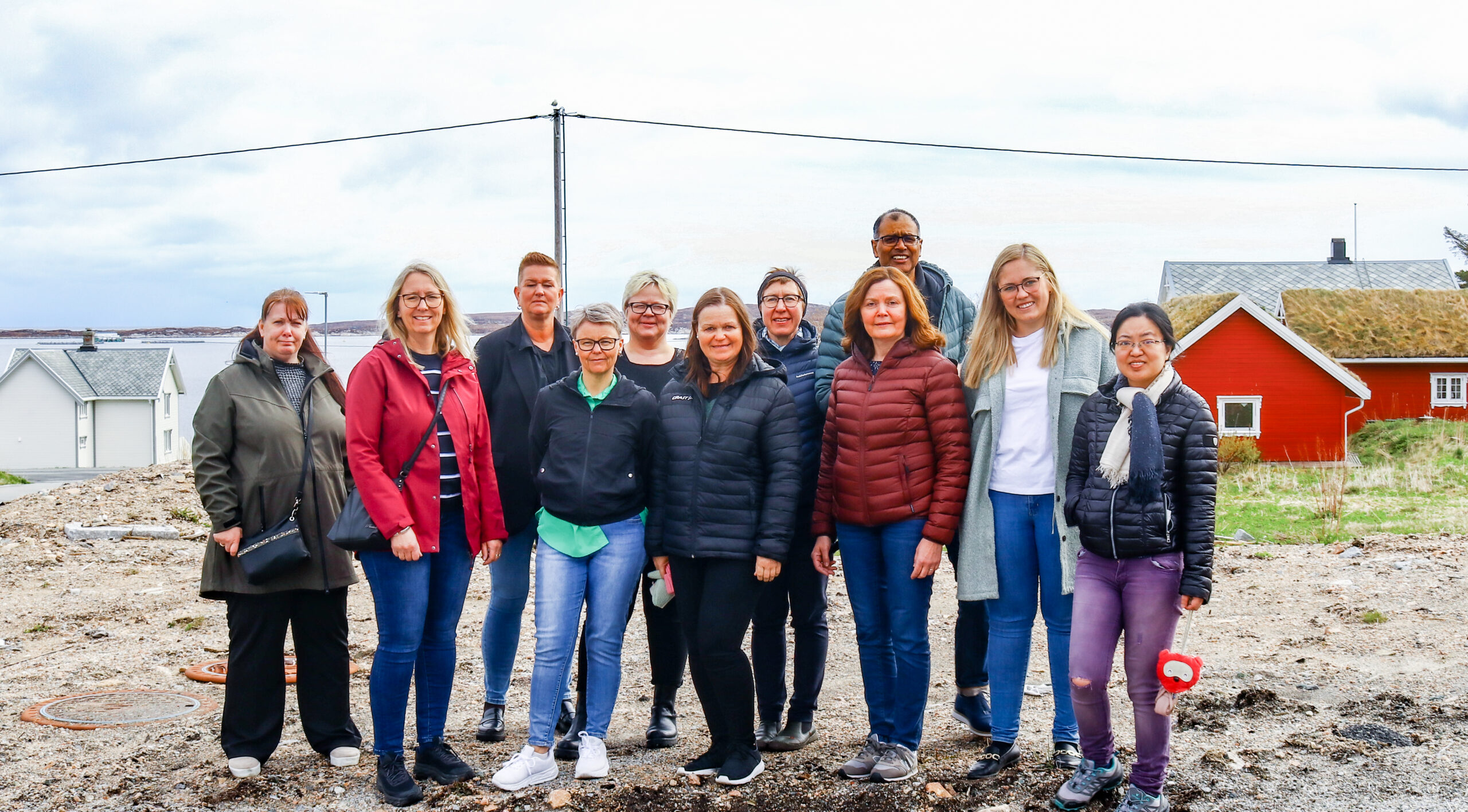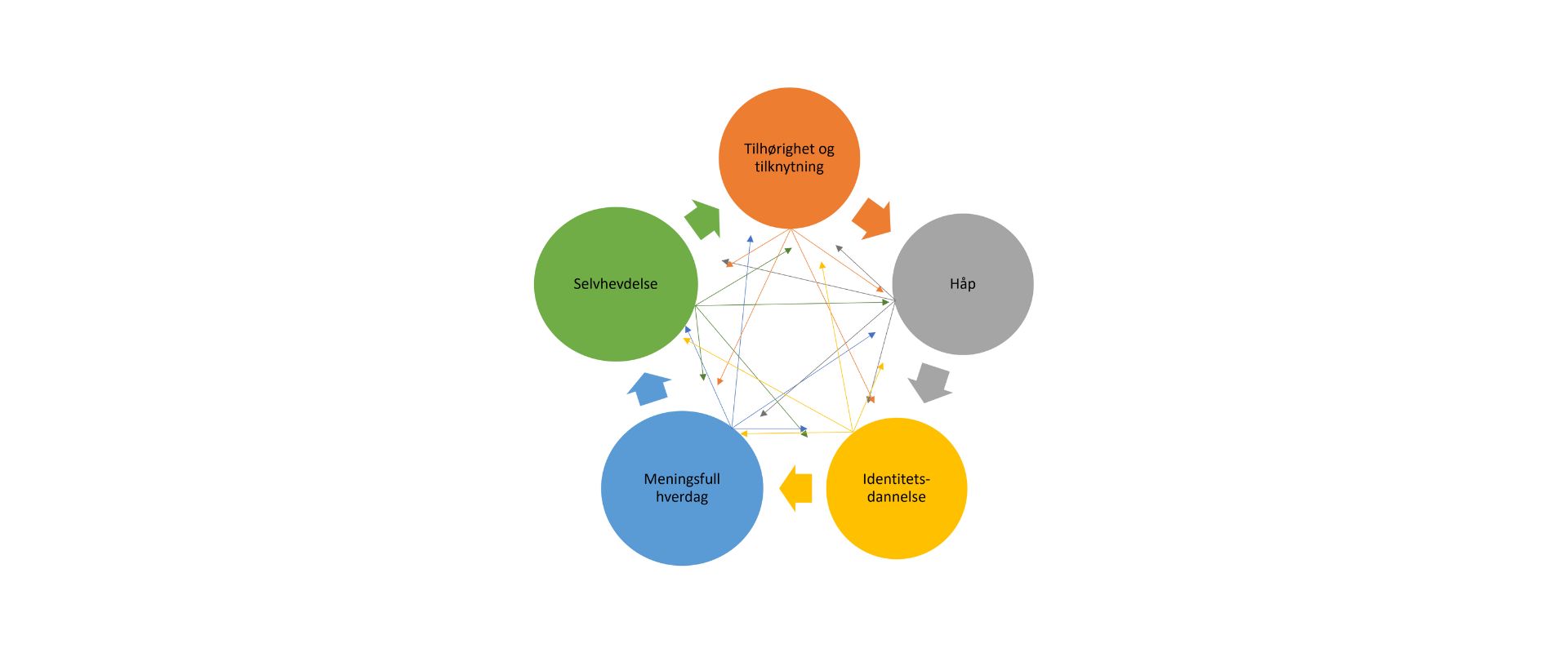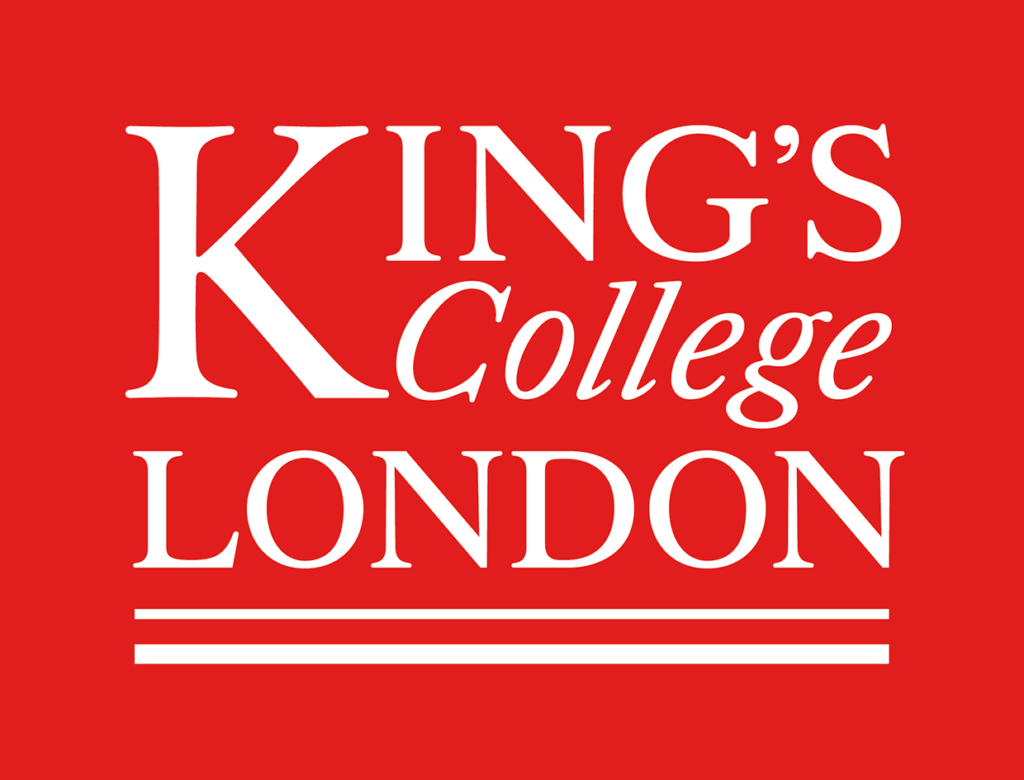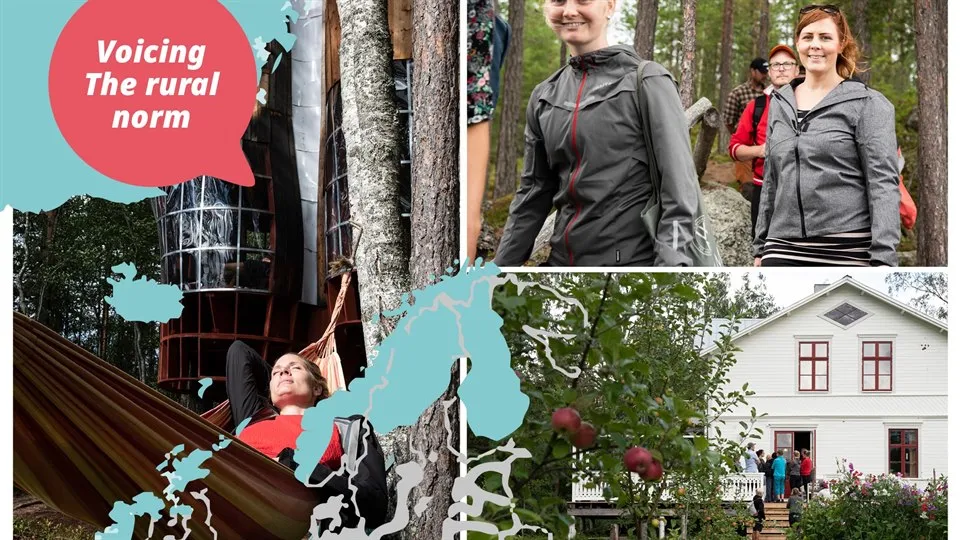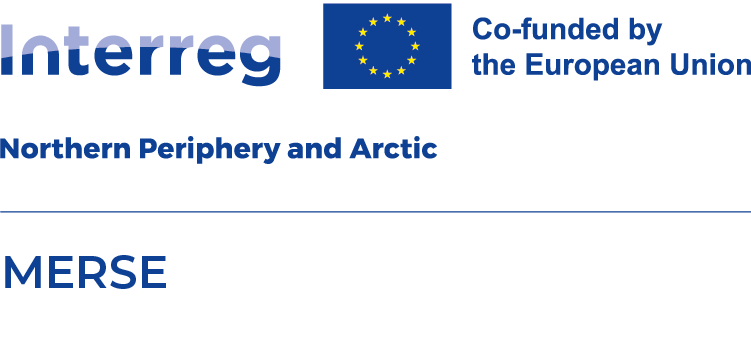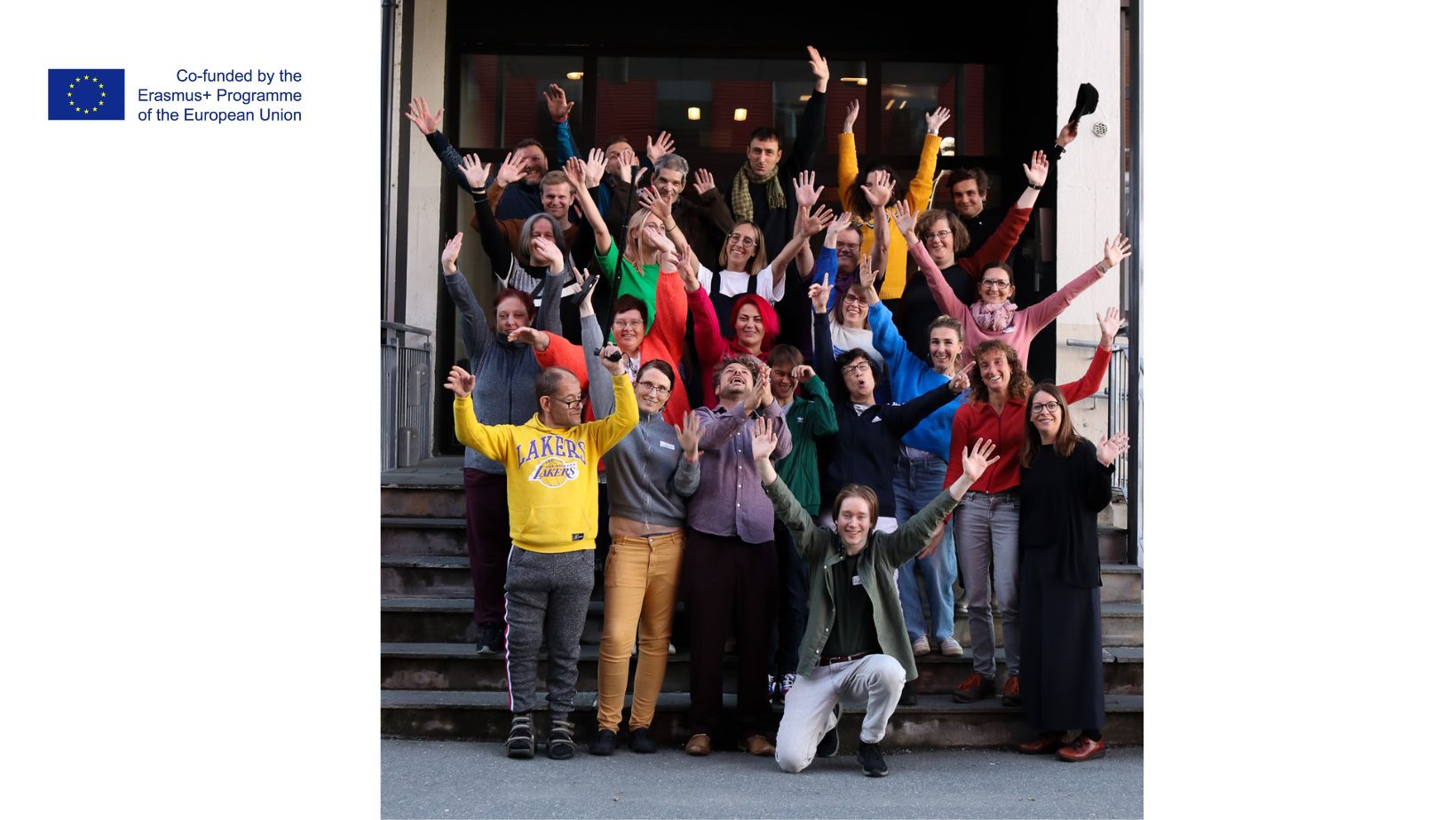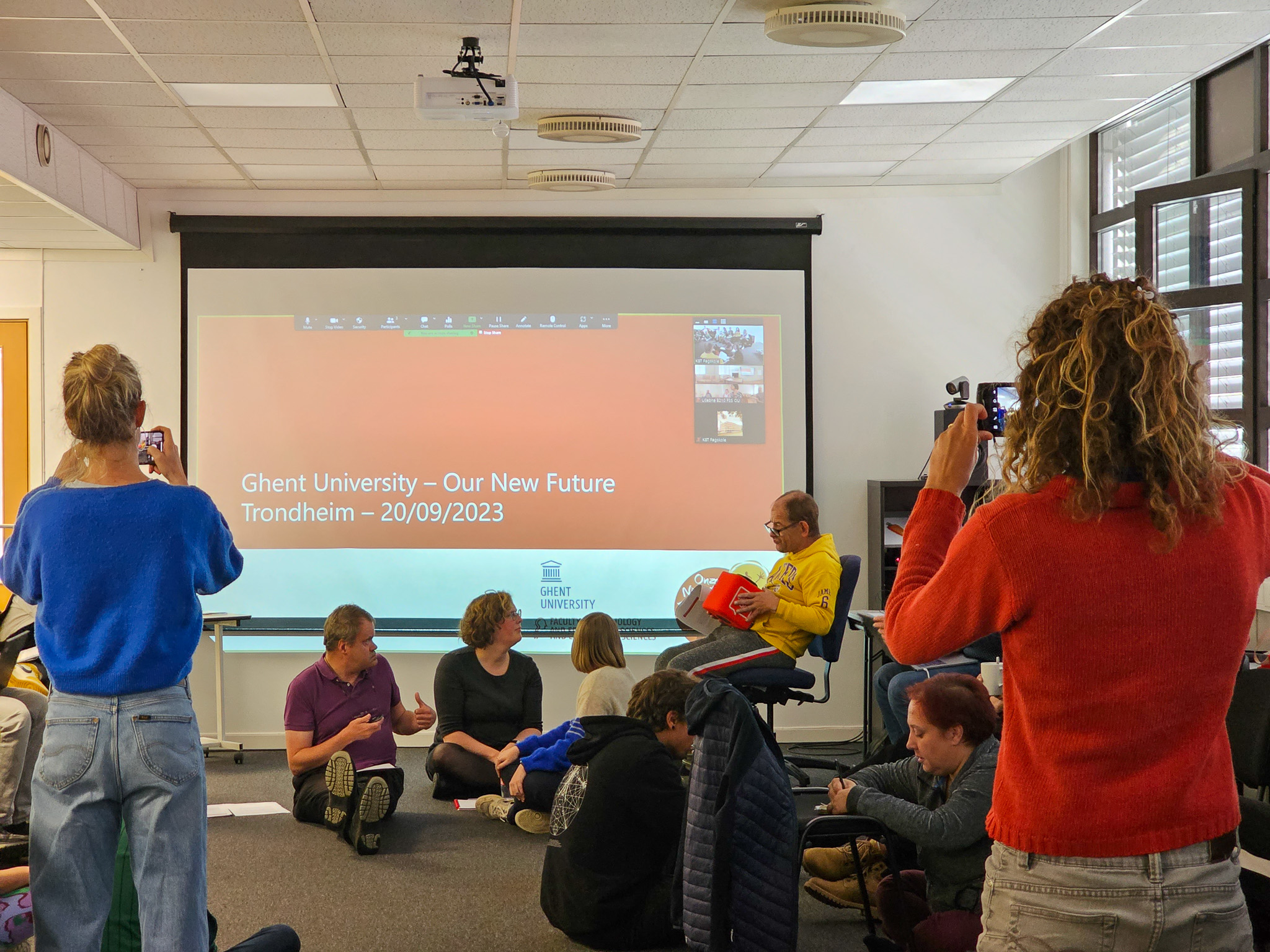In KIPS Young, we will develop a digital video service for youth with mental health challenges. The project is a “spin-off” of the project KIPS – a course in practical stress management for adults. The digital course has been named #Livet (“#Life”).
Project goal: Provide effective mental health support to young people when they need it and where they are, without having to deal with waiting lists, limitations in municipal services, or rejections.
Low-threshold service for youth aged 13-16
Building on the success of KIPS for adults, we will now develop “KIPS UNG” – a low-threshold learning and informational program in video format, tailored to youth aged 13-16. The program is based on a metacognitive approach (MCT), the same effective, evidence-based psychological approach as KIPS for adults, and will be offered with follow-up by a school nurse or general practitioner.
“KIPS UNG” is designed to reach individuals at an earlier stage in life who experience mild to moderate mental health challenges. It is essential to ensure easy access and good help early on to prevent the escalation of mental health problems as they transition into adulthood.
New data from NAV shows that the medically certified sick leave due to mental health issues increased in the first half of 2024 (NAV, 2024). The increase is greatest among young people, and a full 30% of sick leave for 25-29-year-olds was due to mental health disorders.
The project’s goal is for young people in Norway to receive good help when they need it and where they are, without having to deal with waiting lists, limitations in municipal services, or rejections from healthcare providers.
Normalization of Everyday Psychological Challenges
Like its predecessor, KIPS for adults, KIPS UNG focuses on normalizing everyday psychological challenges. The video program aims to teach young people, in an engaging way, more about what happens in the body and mind when we try to cope with problems by dwelling on the past, stressing in daily life, and worrying about the future. Throughout the program, they will learn how to make more conscious decisions about what they can safely spend less time, effort, and attention on in life: what to prioritize, and what to practice letting go of.
The video program will cover topics such as why we react the way we do, what happens in the body, the psychological foundation: food/nutrition, sleep, activity, and social interaction, as well as specific issues like anxiety, low self-esteem, school refusal, and bullying, among others.
The Psychological Approach: Metacognitive Approach
A common feature of mental health disorders is the feeling of little control over one’s own thoughts. Many experience a loss of control, becoming stuck in a negative thought pattern. “KIPS UNG” is based on a metacognitive approach, which involves learning to break free from entrenched negative thoughts.
In the metacognitive approach, one learns to change the way they relate to difficult thoughts so that they don’t last longer than necessary. The approach teaches individuals to shift their focus and reduce the burden negative thoughts place on them. As human beings, we cannot control the thoughts that arise in us, but we can choose how we respond to those thoughts. By allowing thoughts to pass by more easily, we spend less time and energy dwelling on things that are not helpful.
Metacognitive therapy is a newer branch of psychology that is gaining traction. It is based on theories developed by Adrian Wells, a British psychologist and professor.
What will we do in KIPS UNG?
Together with the Council for Mental Health, Stjørdal municipality, and Mindblown, we will begin developing the service in August 2024. Scripts will be written for the videos, recordings will take place in studios and on location, testing and editing will be done, and a finished prototype is expected within a year. Extensive dialogue and testing with youth from various schools in the Værnes region will ensure the service is as tailored as possible.
The History of KIPS
In 2020, the mental health and addiction unit in Stjørdal observed challenges in the low-threshold service “Rask Psykisk Helsehjelp” (Quick Mental Health Help) in the municipality. As more and more people experienced mental health issues, waiting lists for the service grew. There was a need for a more effective psychological approach to help patients with mild to moderate mental health issues return to normal faster while also streamlining the work of the unit.
In collaboration with metacognitive therapist and author Geir Wigtil, a physical course in practical stress management (KIPS) was developed for the unit. The unit’s course leader was trained to deliver the course in person to patients. The physical KIPS was tested over 1.5 years and showed that patients’ recovery time was reduced by over 30% compared to previous one-on-one cognitive therapy in the unit.
With the successful results of physical KIPS, the idea arose to create a digital course that could help even more people and would also be suitable for municipalities without low-threshold services like Rask Psykisk Helsehjelp. This marked the beginning of the development of KIPS digital.
KIPS digital has been a great success in the pilot municipality of Stjørdal. The digital course provides the municipality with great flexibility in their work and enables them to take in more patients than before. It has proven to be a much more efficient way to work, particularly given the psychological approach used. The course also offers great flexibility for patients, allowing them to take the course at their own time and place, without needing to travel for participation. This is especially important for those with demanding jobs, such as in healthcare and education. The pilot municipality reports that most people who take the course do not need follow-up after completing it.
What impact could “KIPS Young” have?
“KIPS UNG” is a low-threshold service aimed at providing young people with the help they need at an early stage to prevent the escalation of mental health challenges over time. Given that mental health disorders are the most expensive illnesses, largely because they often begin so early in life (Jakobsen, S. Research), this service could reach young people at a crucial point in their lives. The metacognitive, evidence-based approach is unique for this target group, and the program allows for anonymity for participants. The service can be used at their own time and place, is free for participants, and includes follow-up by a school nurse or general practitioner.
The expected effects of the project will primarily be that more young people with everyday psychological challenges will be reached through digitalization and receive help at an early stage. Youth will be informed about the service through schools. This way, young people will have access to support if they are currently experiencing mental health challenges or will know about the service should they encounter challenges later on.
The use of the video program may eventually lead to fewer referrals to Child and Adolescent Psychiatry (BUP), resulting in reduced waiting lists and less strain on the healthcare system. This will free up capacity for those with more severe conditions. “KIPS Young” could reduce the burden on individuals and their families and, not least, save significant costs for society in the long run.
References:
Nav. (2024, 30. mai). Sykefravær grunnet psykiske lidelser øker.
Jakobsen, Siw Ellen. Spilde, Ingrid (2023, 9. juni). Samfunnet bruker stadig mer penger på psykisk helse. Hvorfor blir vi ikke friskere? Forskning.no.

